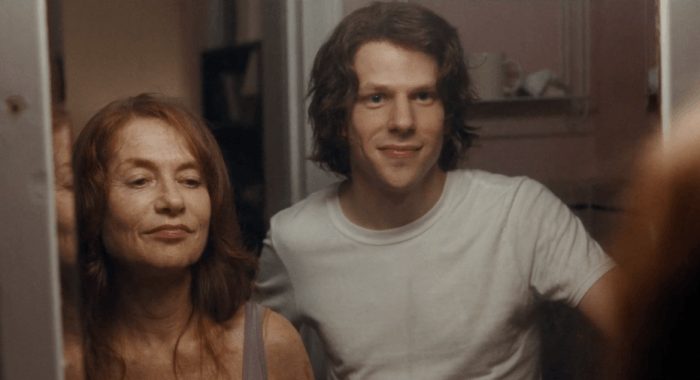@ Glasgow Film Theatre, on Sun 21 Feb 2016
(Part of Glasgow Film Festival)
Joachim Trier / Norway, France, Denmark / 2015 / 109 min
Memory works in two ways, the first of which is the path of loss, entrenched with gradual and unrelenting erosion of images of the past. The gaps remaining behind the destructive force of time are covered up by the mind, as it endeavours to make sense of the faded pictures. In this process, the mind forges substitute pieces to finish the puzzle, building the path of creation.
Mental images lie at the core of Joachim Trier’s cinematic explorations, and with his most recent film, Louder Than Bombs, he continues his inquiry through a portrayal of a family dealing with the death of the mother. It subscribes in part to the tradition of family drama and the director’s Nordic origin immediately brings to mind the Scandinavian titans of modern theatre, Ibsen and Strindberg, alongside an ancestor of the same trade, Ingmar Bergman. Trier directs his camera lens at the cracks of the idyllic family portrait and lets it linger around as tensions boiling into conflict.
Three characters carry the central constellation of the film. The father Gene Reed (Gabriel Byrne) had set aside his own acting career to assume the role of the main child-carer while his wife (Isabelle Huppert) became the main breadwinner, working as a war photographer. He has a strenuous relationship with his younger son, teenager Conrad (Devin Druid), and a seemingly better one with the older one, Jonah (Jesse Eisenberg), a recent father himself.
Jonah had seemingly overcome the pain of loss within the socially acceptable framework of grievance and, having become a university professor, husband and father, grown into a role model for his troubled brother. When he arrives at the doorstep of his childhood home, Jonah seems to have it all together and comes to help his father. He is there to sort out his deceased mother’s photographs, as well as the problematic relationship between Gene and Conrad.
However, his visit sparks the first flames of the family conflict revolving around the memory and legacy of the mother. Jonah wants to control her work and public image, allegedly to protect his younger brother from the discovery that her death was not an accident. But he is desperately clinging to a memory he knows not to be true, making the need to administer his mother’s legacy all the more pressing.
Louder Than Bombs is not a film about dealing with death, but about the different ways family members see each other and the erroneous notion that they can come to know a person in his or her totality. Dreams and memories are the substance of Trier’s film, constituting the point of departure from the realism of family dramas and an alignment with the authors who have searched for a cinematic language that describes fleeting emotional states. With mental images as the subject matter, the choice to give priority to the visual over the story seems natural, and in Trier’s case masterfully put on screen.
